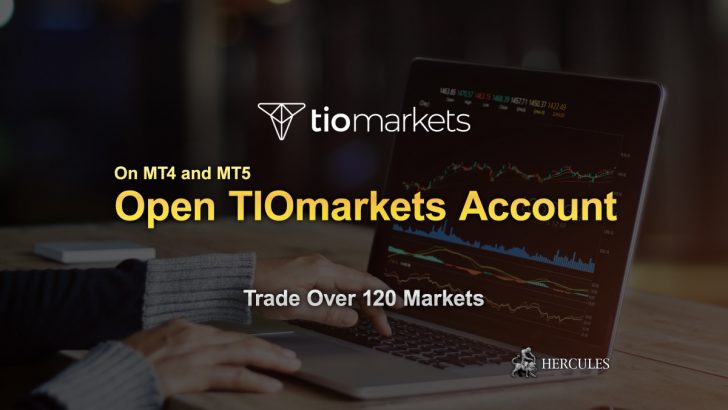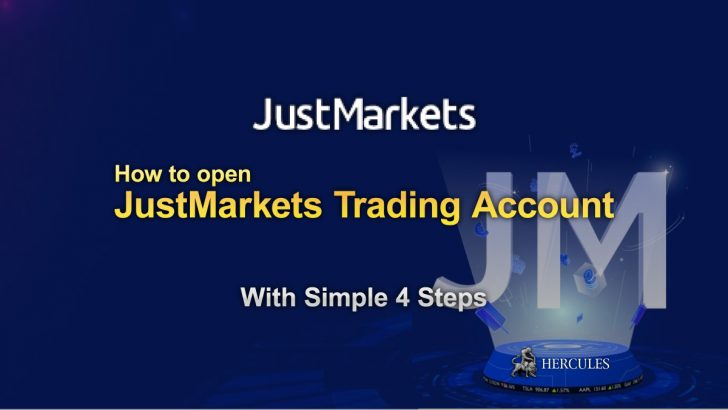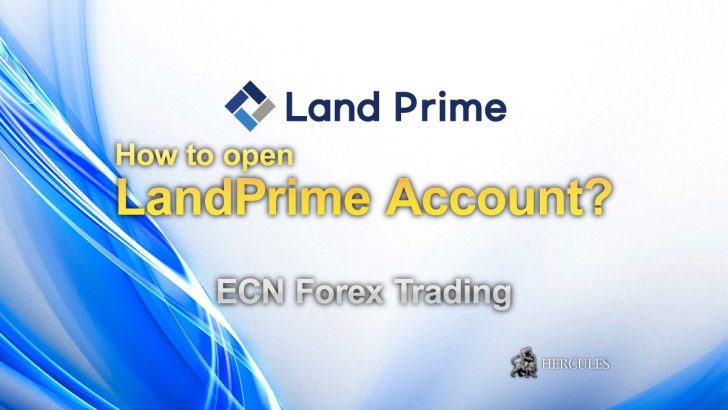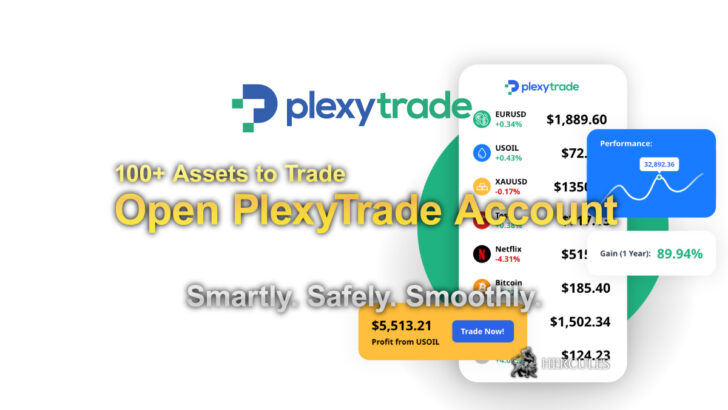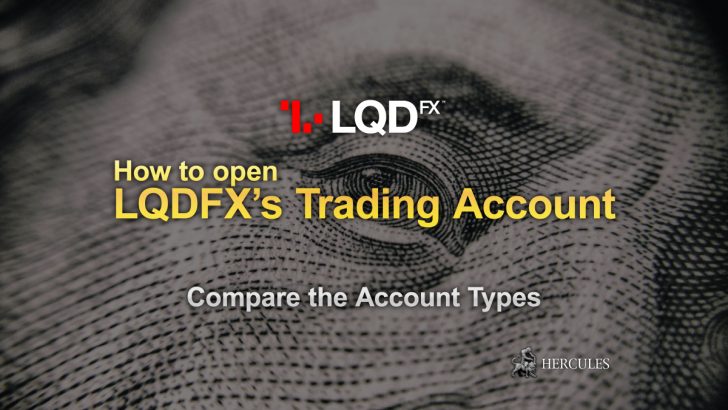Categories
What is CFD? How it works and the merits for investors.
Did you know the merits of CFD trading?


- What is CFD, the Contract for Difference?
- Why invest in CFDs?
- Difference of Initial and Variable margin
What is CFD? Contract for Difference?
How it works and Why we invest in the products?
For the past few years, Contract for Difference has greatly gained popularity globally.
This financial instrument was introduced in the 80’s and given the name ‘equity swap.’ So what exactly is contract for difference?
What is CFD, the Contract for Difference?
This is an agreement between the seller and the buyer, indicating that the seller will pay the person buying any difference between the value of the asset at the end of the contract and the value of the asset at the time of entering into the contract. (Or obtain money from the buyer if the difference turns out to be negative.)
Well, no doubt that this may sound somewhat misleading when in actual sense the CFDs are marked to market each day and unlike an option, they do not have a fixed expiration.
Invest in CFDs with online brokers
CFD is traded on Margin

Not least, the leverage they provide.
CFDs are first cousins to spread betting in that you only have to put up a fraction (or margin) of the total trade value.
You don’t own the actual financial security but trade on the movement of the price, whether that be rising (and buying or ‘going long’) or falling (and selling or ‘going short’).
There is no fixed expiry date or contract size, they can be closed at any time and are free of stamp duty.
CFD lets you invest in global financial markets
The normal CFD software enables providers to offer their clients a gateway to thousands of markets:
it is as easy to trade in commodities, currencies or interest rates, as it is in a single company share – whether as new trading opportunities or to hedge a portfolio of existing investments.
CFD’s also allow speculation on whole indices or individual sectors, such as banks or the media. They are endlessly flexible.
Where the CFD Market Prices come from?
Brokers can provide access to feeds from stock exchanges around the world, presenting prices of indices and individual stock in real time to power your trading and portfolio management applications.
The data can be bought direct from the exchanges or, more usually, from a data provider such as Reuters or Comstock.
The brokers can obtain them all.
Many online brokers have already created modules for data purchase which can be installed into the system as part of the whole package.
How CFD works?
Because they are traded on leverage, CFDs offer the chance of a much greater return on an initial investment than if paying for the trade in full in the traditional manner.
Losses are amplified in the same way.
For instance:
If you bought £10,000 of shares and their value changed by £500 you would make a profit (or loss) of five per cent.
If you opened a CFD on those shares with a margin of 10 per cent, it would cost you £1000.
The price would still change by £500, giving you a profit (or loss) of 50 per cent.
Thus, you must know the “Risk Management”

A CFD trading platform includes tools to limit losses and manage those risks, and provides access to the latest market news, economic data and company announcements, enabling investors to respond instantly.
Invest in CFDs with online brokers
Why invest in CFDs?
Contracts for Difference are one of the world’s quickest growing trading instruments, offering a fast track route into a spectrum of global markets.
They offer the same potential gains as trading assets traditionally – but at a fraction of the initial cost…
A Contract for Difference (or CFD, or ‘swap’) is simply an agreement to exchange the difference in value of a share or index between the times a contract is opened and then closed.
CFDs now account for more than 25 per cent of all transactions in the London Stock Exchange.
Their popularity is driven by some very attractive features.
1. CFDs with “Direct Market Access”
Trading systems provide the facility to go direct to an exchange to put an order, giving greater control over the way a trade is executed.
Direct Market Access (or DMA) offers lower transaction costs.
They are not handled by brokers so carry less chance of errors and they can be very fast – allowing traders to respond quickly to market opportunities.
However, you do gain much greater liquidity by placing an order with a market maker for a derivative product.
2. No volatility premium or time value
There is no volatility premium or time value in a CFD. It is just a one for one equity swap.
You do not deliver the underlying and just like any share it is settled in cash if you are ready and willing to flatten your position.
Additionally, like the equity swap, the Contract for Difference’s are OTC meaning that the contracts can easily be designed to suit an individual’s needs and they too avoid the exchange fees.
Obviously, selling may be become difficult if you fail to get a seller for your custom Contract for Difference.
3. High leverage is applicable for CFD trading
If you cannot price a CFD like an option or deliver/receive the underlying instrument the CFD is based on the really, what is the point of trading?
One of the known strengths of CFD trading is that you can actually trade on margin – and this is basically the reason why most retail investors are trading CFD – and in actual sense use very little capital to start.
For instance, Singapore exchange permits 1:20.
4. You can make profit from falling prices
Another benefit, you will get to enjoy as an investor is the ability to enjoy markets that are moving downwards rivaling a rather short position.
Obviously, they are not really short as nothing has been borrowed.
To say the truth, the entire brokerage community likes the prospects of the Contract for difference (CFD) business.
They get to earn good commission from trades, plus they also get to receive the financing charges and because of the daily marking to market default risk is remains low.
As a matter of fact, CFDs are today so prevalent amid the brokerage community that even the Australian Stock Exchange (ASE) is trying to be part of the game by simply registering exchange traded CFDs.
They are also trying to further diversify their product offering and at the same time earning the exchange fee for each and every trade.
Difference of Initial and Variable margin
Like we mentioned earlier on, CFDs are marginable. And there are always two types of margin; initial and variable margin.
Let us give you an example. In most cases, variable margin is set at a particular percentage with stocks, but when it comes to CFDs and marking-to-market setting a fixed percentage is absolutely unnecessary.
For instance, if a CFD investor decides to buy 200 shares using Contract for Difference at let say $200 and then the price depreciates to $180 the therefore means that the broker will have to decrease the account by $4000 (200 shares x $20) and this will be in variable margin.
Obviously alternatively, if the share price skyrockets to $110 the broker will simply have to credit the CFD traders account by $1000 in positive variable margin.
When the markets are volatile, they are always in a position to increase without notice.
The original margin on the other hand is normally debited from a customer account up front and after the credit is flattened, it gets credited.
In such a situation, the buyer will only have to put t up $500 (5% of $100 x 100) and borrow the remaining amount which is $9500.
Not you can see why the whole brokerage community is very excited and happy to finance AND also make a commission on these products.
Again referring to the sample above if DBS increased $10 and the client sold, they would possibly earn ($11,000 – $10,000) = S$1000 from a mere $500 investment. Minus, obviously, financing and brokerage. Certainly not bad for your average client.

